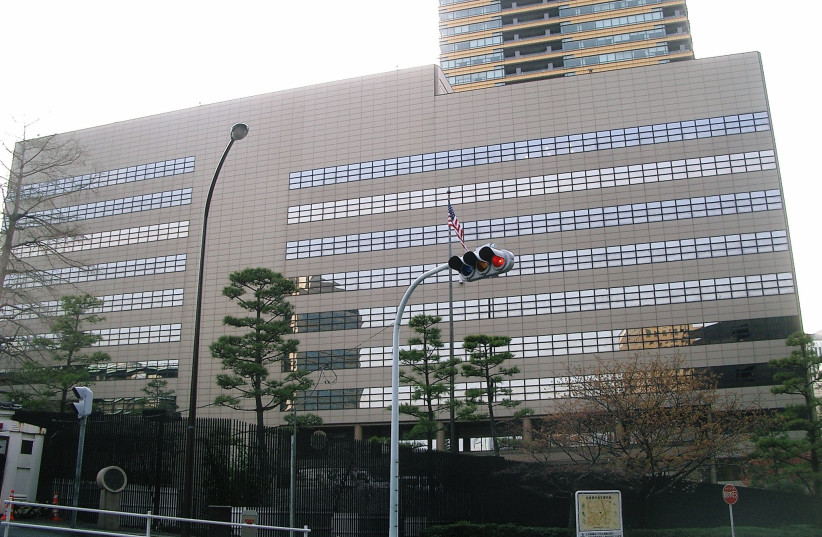China is investigating a Chinese national accused of spying for the US Central Intelligence Agency (CIA), the country's state security ministry said on Monday.
The 39-year-old Chinese national, surnamed Hao, was a cadre at a ministry and had gone to Japan for studies, which was where the spying recruitment occurred, the ministry said. Hao's gender was not revealed.
The statement came less than two weeks after the ministry said it uncovered another national also suspected of spying for the CIA after being recruited in Italy. The US embassy in Beijing did not immediately respond to Reuters requests for comment, while the US Embassy in Tokyo referred questions to the CIA, which was not immediately able to respond outside business hours.
How the Chinese national was allegedly recruited
The ministry said Hao had become acquainted with a US embassy official known as "Ted" while sorting out a visa application. He invited Hao for dinners, presented gifts, and sought Hao's help with writing a paper that Ted promised to pay for, the ministry said.
Ted introduced Hao to a colleague named Li Jun before his term at the embassy in Japan ended, the ministry said; Li and Hao then maintained a "cooperative relationship."

Before Hao completed studying, Li revealed being Tokyo-based CIA personnel and "instigated Hao into rebelling," telling Hao to return to China to work for a "core and critical unit."
Hao signed an espionage agreement, accepting assessment and training from the United States, according to the statement.
The ministry said Hao worked in a national department upon returning, "according to the requirements of the CIA," and provided the CIA with intelligence while collecting US pay.
Relations between the United States and China have soured in recent years over a range of issues, including national security. Washington has accused Beijing of espionage and cyberattacks, charges China has rejected. China has also declared it is under threat from spies.
China called on its citizens this month to participate in counter-espionage work, after expanding its anti-spying law in July, alarming the United States.
